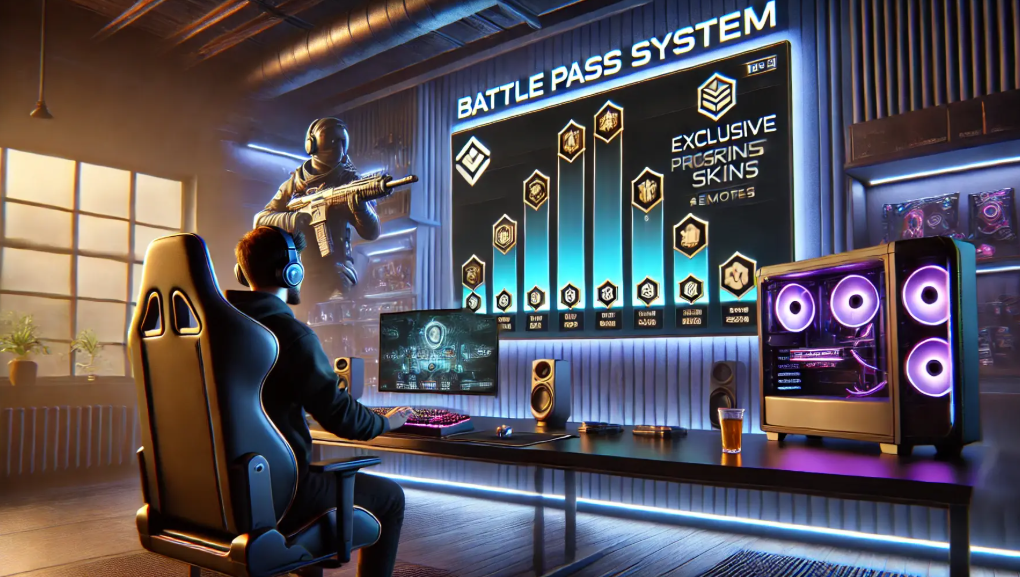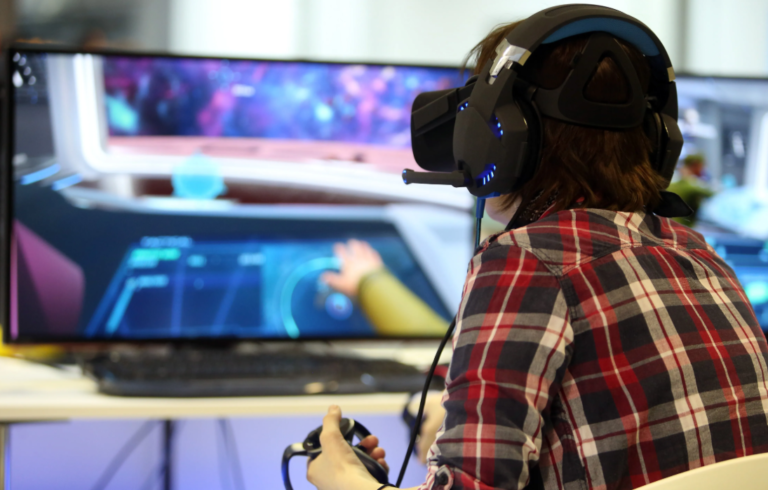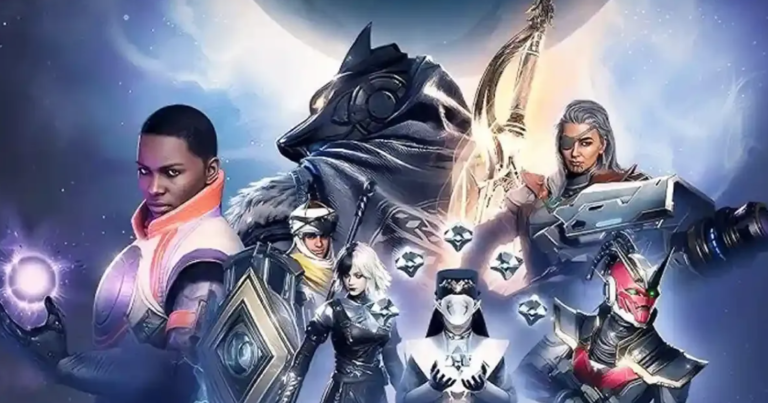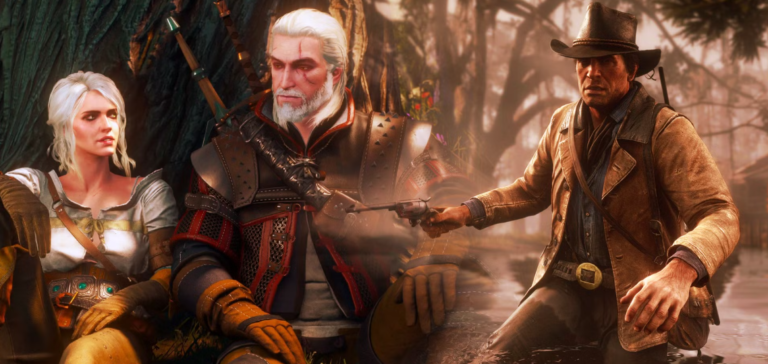Understanding Game Monetization: From DLCs to Battle Passes

Game monetization has evolved significantly, with strategies like downloadable content (DLC) and battle passes shaping player engagement. DLC offers expanded content, while battle passes provide seasonal rewards that promote consistent player interaction. Despite their potential benefits, these models must be carefully balanced with player satisfaction to prevent backlash. Understanding these dynamics reveals critical insights into the gaming industry’s revenue strategies and their implications on player experience. What challenges do developers face in this complex landscape?
The Rise of Downloadable Content (DLC)
The rise of downloadable content (DLC) has significantly transformed the landscape of video game monetization, with industry reports indicating that the global DLC market is expected to exceed $15 billion by 2025.
DLC advantages include enhanced player engagement and extended game longevity, while drawbacks encompass potential consumer backlash over perceived exploitation.
Balancing these factors is crucial for developers seeking sustainable revenue streams and player satisfaction.
Exploring the Battle Pass Model
Introducing a fresh approach to game monetization, the battle pass model has gained traction as a compelling alternative to traditional DLC.
This framework offers significant battle pass benefits, including enhanced player engagement through seasonal rewards. Players are incentivized to participate regularly, fostering a sense of community and competition.
Consequently, developers benefit from sustained revenue streams, aligning financial success with player satisfaction.
See also: The Science Behind Game Addiction: What Researchers Say
In-Game Purchases and Microtransactions
A significant portion of modern gaming revenue is derived from in-game purchases and microtransactions, which have transformed the landscape of monetization.
Utilizing virtual currency, players can acquire exclusive items and cosmetic upgrades, enhancing their gaming experience.
Seasonal events further incentivize spending, creating urgency and demand.
This model not only maximizes profitability for developers but also allows players greater customization and engagement within their favorite titles.
The Impact of Monetization on Player Experience
How does monetization influence player experience in gaming?
Effective monetization strategies can enhance player satisfaction by offering meaningful content and fostering game engagement.
However, excessive monetization may lead to frustration and disengagement, as players perceive paywalls as barriers to enjoyment.
Balancing financial incentives with genuine player value is crucial for maintaining a thriving gaming environment that respects player freedom and encourages prolonged interaction.
Conclusion
In the evolving landscape of game monetization, strategies like downloadable content (DLC) and battle passes have become pivotal for developers. Notably, data from 2022 revealed that 79% of gamers expressed a preference for games that offer ongoing content updates, underscoring the importance of balancing revenue generation with player satisfaction. As these monetization models continue to develop, their impact on player engagement and community dynamics will remain crucial for crafting sustainable gaming experiences.



